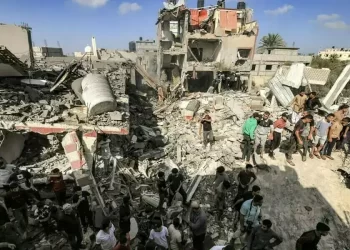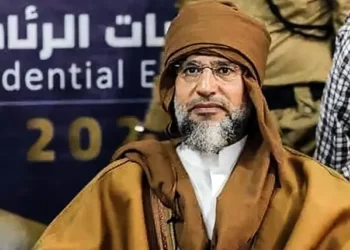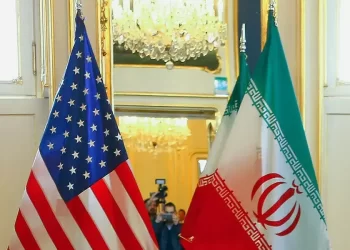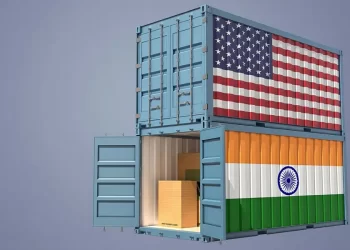The latest flurry of Gaza cease-fire talks — the back-and-forth over now-familiar sticking points and appeals from around the world — obscures a grim truth about the monthslong efforts to end the Israel-Hamas war and free scores of hostages.
Any deal requires the signatures of two men: Israeli Prime Minister Benjamin Netanyahu and Hamas leader Yahya Sinwar.
They are sworn enemies, notoriously tough negotiators and know that the outcome of the talks will profoundly shape their legacies. In Sinwar’s case, it could mean life or death.
Both have strong incentives to end the war. But they may also think they stand to gain by holding out a bit longer, and that war is preferable to a deal that falls short of their demands.
Here’s a look at the two leaders and the constraints they face.
Netanyahu has promised “total victory” over Hamas and the return of all the hostages held in Gaza — goals that many believe are incompatible.
He has come under tremendous pressure from the hostages’ families and much of the Israeli public to make a deal to bring them home, even if it leaves a battered Hamas intact. The United States, which has provided key military aid and diplomatic support to Israel, is also pushing for such a deal.
But Netanyahu’s governing coalition relies on far-right ministers who want to permanently reoccupy Gaza and have threatened to bring down the government if he concedes too much. That would force early elections that could drive him from power at a time when he is on trial for corruption.
It would also hasten a broader reckoning over the security failures surrounding the Oct. 7 attack in which Hamas-led militants killed some 1,200 people in southern Israel, mostly civilians, and abducted around 250 others — on Netanyahu’s watch. Netanyahu has rejected calls for a government investigation until the war is over.
The longer the war drags on, the more likely Israel is to achieve something that looks like victory — the killing of Sinwar, the rescue of more hostages — and the longer Netanyahu has to repair his political standing and reshape his legacy. But it also comes with risks as the number of soldiers killed in action rises nearly every day and Israel becomes increasingly isolated because of the suffering it has inflicted on Palestinians.
Netanyahu has clashed with his own defense minister over the endgame. Israeli media is filled with reports quoting unnamed senior security officials expressing frustration with Netanyahu, especially his demand for lasting control over two strategic corridors in Gaza. Some have gone so far as to accuse him of sabotaging the talks.
Both Israel and Hamas say they have accepted different versions of an evolving U.S.-backed cease-fire proposal in principle, while suggesting changes and accusing the other of making unacceptable demands.
Yohanan Plesner, head of the Israel Democracy Institute, a local think tank, acknowledged the anger directed at Netanyahu but said it was impossible to know which leader was the greater roadblock.
“If we saw Sinwar was serious about getting a deal, that would force Israel and Netanyahu to expose their cards,” Plesner said. The current situation is “almost like negotiating with oneself.”
Sinwar wants to end the war — but only on his terms.
Israel’s offensive has killed over 40,000 people, according to local health officials, displaced 90% of Gaza’s population and destroyed its main cities. Hamas has lost thousands of fighters and much of its militant infrastructure.
Sinwar’s only bargaining chips are the roughly 110 hostages still held in Gaza, around a third of whom are believed to be dead. And he needs much more than a temporary pause in the fighting if he hopes to salvage anything resembling victory from the Oct. 7 attack that he helped mastermind.
That begins with assurances that Israel won’t resume the war once some or all of the hostages are freed. He also needs Israel to withdraw from all of Gaza to ensure that the lasting impact of the Oct. 7 attack is not a permanent reoccupation of the territory. The release of high-profile Palestinian prisoners as part of a deal is a sacred cause for Sinwar, who was himself a long-serving prisoner freed in an exchange. And he needs assurances that Palestinians will be able to return to their homes and rebuild them.
“Sinwar is very much concerned with bringing negotiations to a conclusion, whether with regard to a cease-fire or an exchange of prisoners, because in both cases, Sinwar will have come out as the winner,” said Nabih Awada, a Lebanese political analyst and former militant who spent years in an Israeli prison with Sinwar.
There are risks for Sinwar in drawing the talks out: More hostages are likely to die or be rescued as the war grinds on. Death, destruction and hardship in Gaza will continue, and could stoke Palestinian discontent with Hamas, with political implications down the line.









